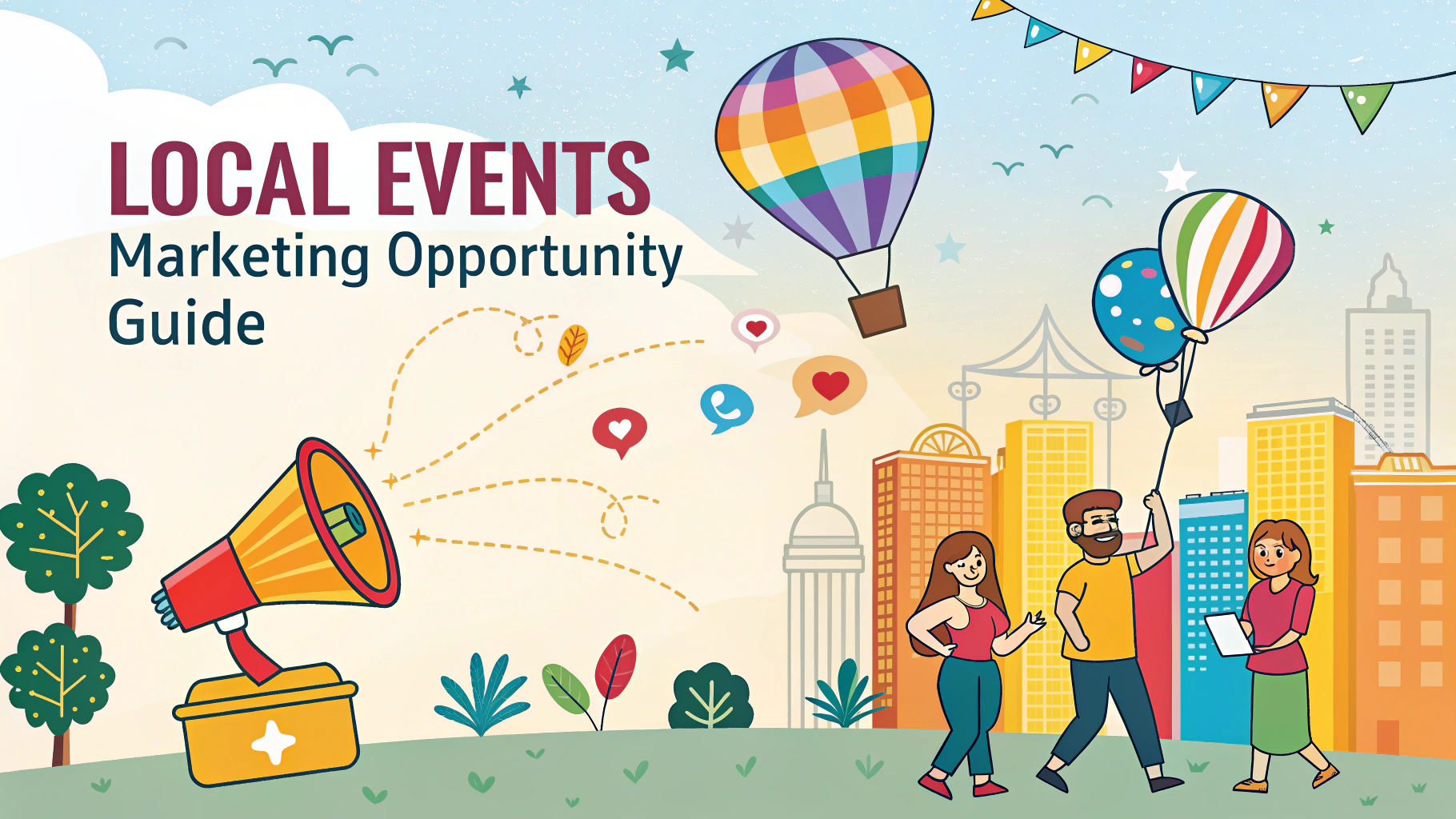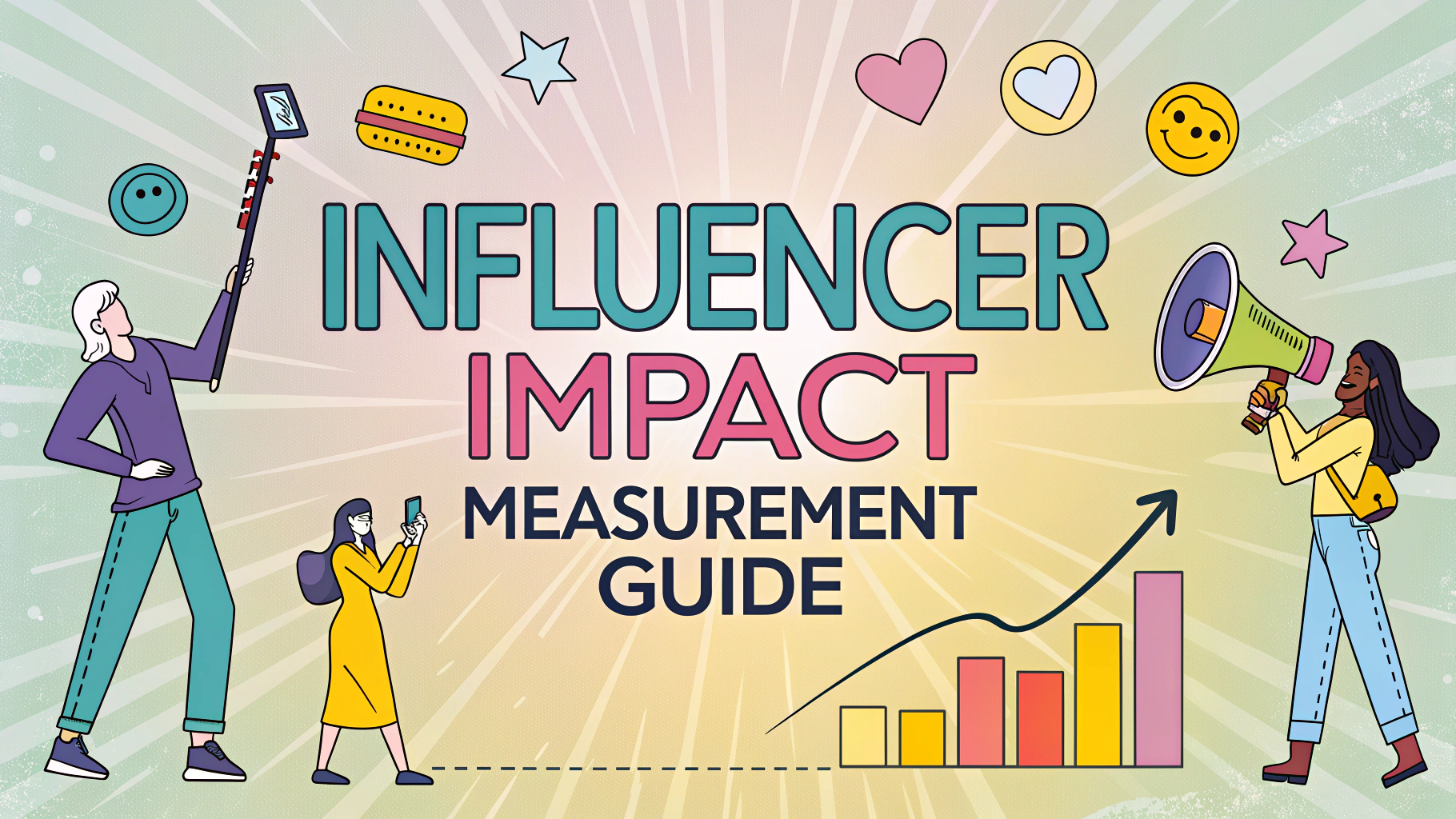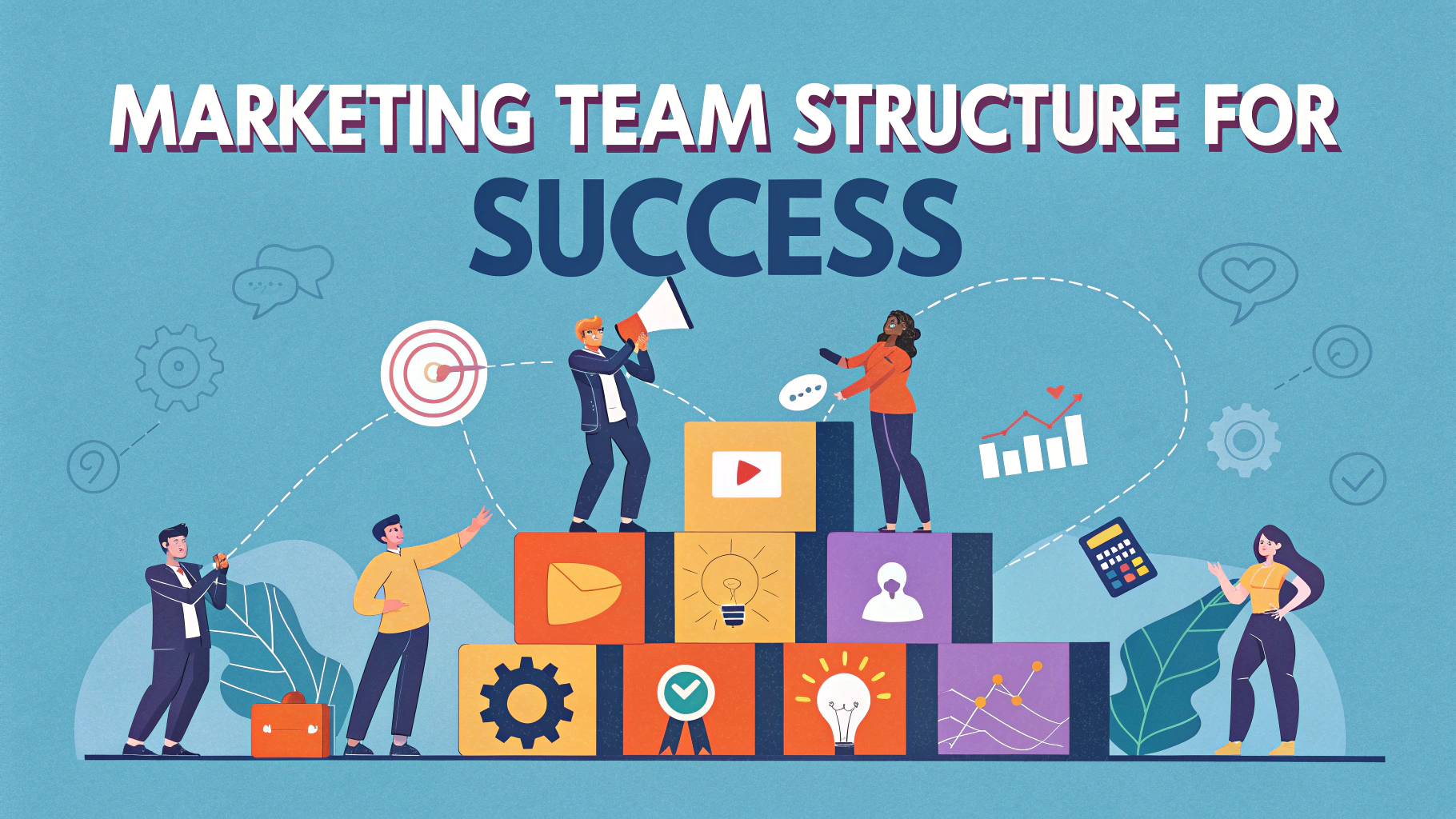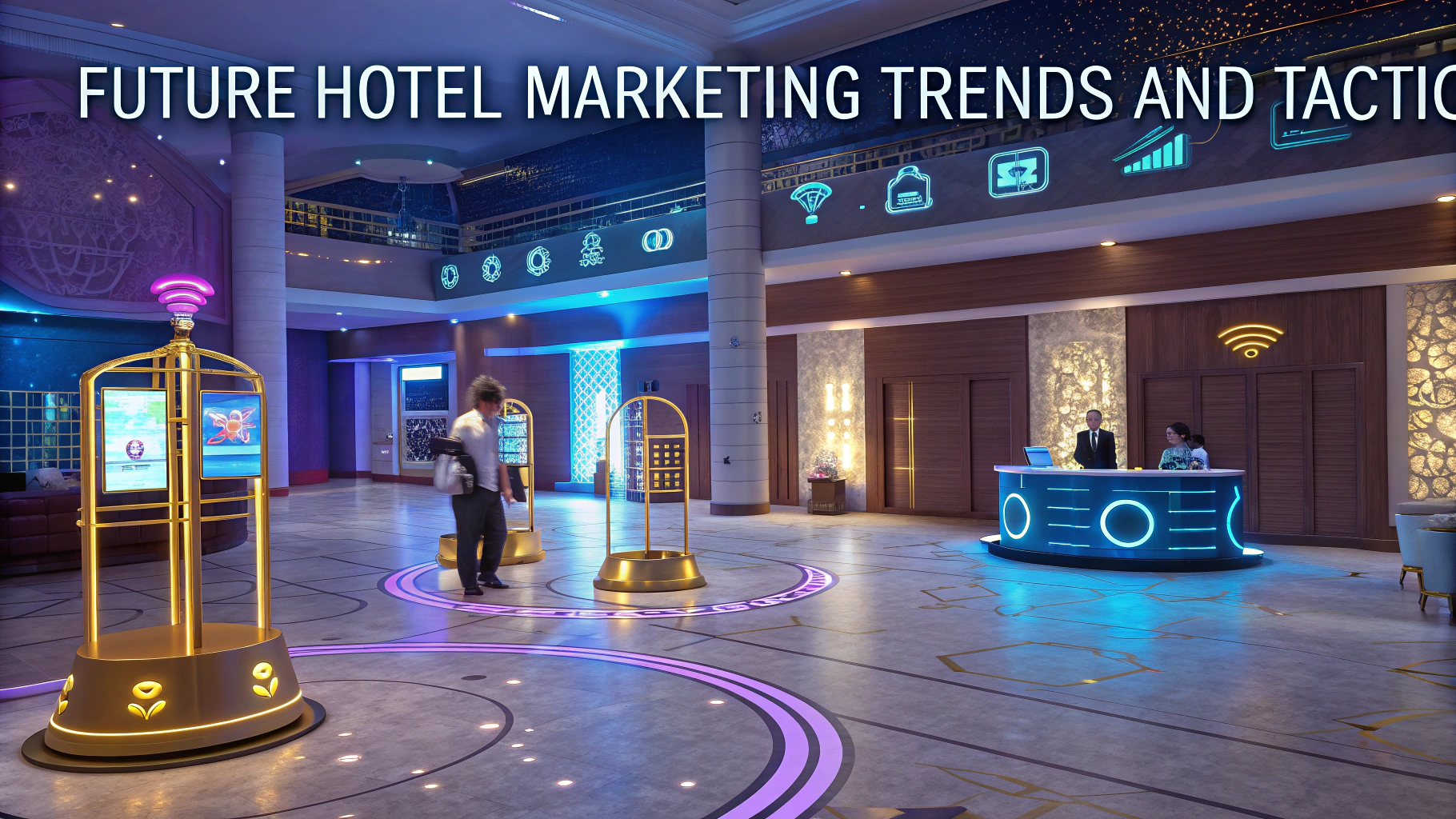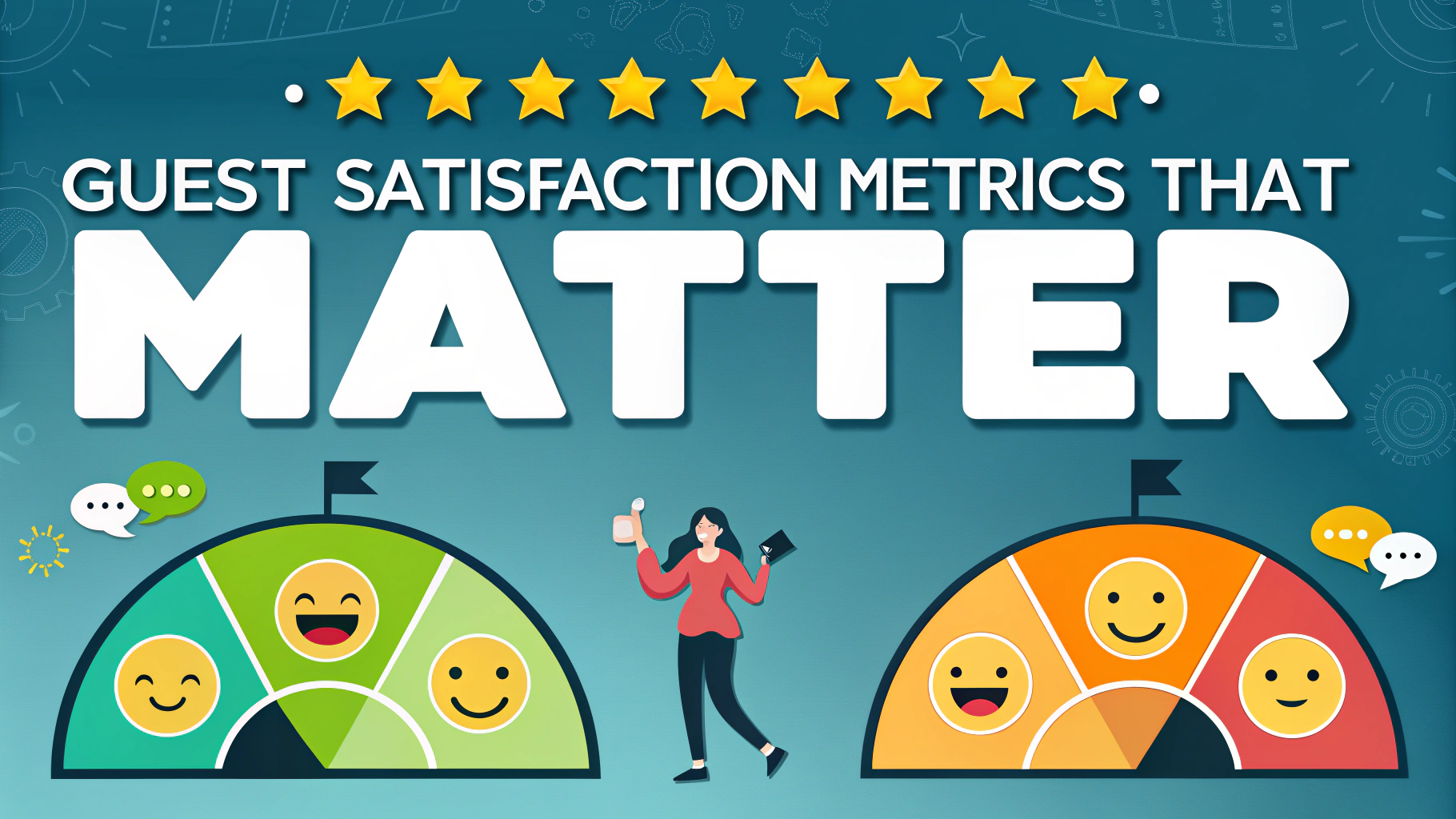MICE marketing represents one of the most profitable segments in the hospitality industry, with group bookings generating substantial revenue for hotels worldwide.
Hotels that master MICE marketing can significantly boost their occupancy rates and create steady revenue streams throughout the year, particularly during off-peak seasons.
This guide breaks down proven strategies for attracting and securing group bookings through effective MICE marketing techniques.
Understanding MICE Market Segments
The MICE acronym stands for Meetings, Incentives, Conferences, and Exhibitions.
- Meetings: Corporate gatherings, board meetings, training sessions
- Incentives: Reward trips, team-building events, company retreats
- Conferences: Industry conventions, seminars, symposiums
- Exhibitions: Trade shows, product launches, showcases
Essential MICE Marketing Strategies
Create detailed venue specification sheets that highlight your property’s meeting spaces, capacities, and technical capabilities.
- Showcase flexible meeting room configurations
- List audio-visual equipment availability
- Highlight unique selling points (USPs) of your venue
- Detail catering options and packages
Digital Marketing Tactics for MICE
Develop a dedicated MICE section on your hotel website with virtual tours and detailed floor plans.
- Implement 360-degree room views
- Create downloadable capacity charts
- Showcase past successful events
- Include testimonials from corporate clients
Building Strategic Partnerships
Form alliances with local destination management companies (DMCs) and event planners.
- Partner with local attractions and venues
- Connect with corporate travel agencies
- Join industry associations
- Network at trade shows
Pricing and Package Development
Design flexible pricing models that cater to different group sizes and requirements.
| Package Type | Inclusions |
|---|---|
| Basic Meeting Package | Room rental, basic AV, coffee breaks |
| Full Conference Package | Room rental, meals, accommodation, AV |
| Custom Solutions | Tailored to specific client needs |
Leveraging Technology
Invest in event management software to streamline bookings and operations.
- Online booking systems for meeting spaces
- Digital proposal generation tools
- Virtual site inspection capabilities
- Customer relationship management (CRM) systems
Sustainable MICE Practices
Implement eco-friendly initiatives to attract environmentally conscious corporate clients.
- Digital conference materials
- Waste reduction programs
- Energy-efficient meeting spaces
- Local and sustainable catering options
Moving Forward with MICE Success
Regular market analysis and client feedback help refine your MICE marketing strategy.
Track key performance indicators (KPIs) such as booking lead times, conversion rates, and customer satisfaction scores.
Contact industry associations like MPI (Meeting Professionals International) or ICCA (International Congress and Convention Association) for additional resources and networking opportunities.
Performance Tracking and Analytics
Implement comprehensive tracking systems to measure MICE marketing success and ROI.
- Monitor booking patterns and seasonal trends
- Track revenue per group booking
- Analyze customer acquisition costs
- Measure repeat business rates
Staff Training and Development
Invest in specialized training for sales and events team members to enhance MICE service delivery.
- Event management certification programs
- Sales technique workshops
- Technical equipment training
- Customer service excellence courses
Risk Management and Contingency Planning
Develop comprehensive contingency plans for MICE events to ensure smooth operations.
- Emergency response procedures
- Backup technical equipment
- Alternative venue options
- Weather contingency plans
Maximizing MICE Revenue Potential
Focus on upselling and cross-selling opportunities to maximize revenue from each MICE booking.
- Premium catering packages
- Extended stay promotions
- Additional room bookings
- Leisure activity add-ons
Elevating Your MICE Business to New Heights
Success in MICE marketing requires constant innovation and adaptation to changing market demands. Stay informed about industry trends, maintain strong client relationships, and continuously update your facilities and services to remain competitive.
Remember that MICE clients seek reliability, flexibility, and excellence in service delivery. By focusing on these core aspects while implementing the strategies outlined above, hotels can establish themselves as preferred MICE destinations.
Regularly review and update your MICE marketing strategy to ensure it aligns with market needs and technological advancements, positioning your property for sustained growth in the competitive MICE sector.
FAQs
- What is MICE marketing in the hotel industry?
MICE marketing refers to the strategies and initiatives to attract and book meetings, incentives, conferences, and exhibitions. It involves targeting corporate clients, event planners, and associations to utilize hotel venues and services for large group events. - How do you identify and reach potential MICE clients?
Potential MICE clients can be reached through B2B marketing channels, industry networks, trade shows, corporate databases, LinkedIn campaigns, partnerships with destination management companies, and targeted digital marketing campaigns. - What are the essential amenities hotels need for successful MICE events?
Essential amenities include flexible meeting spaces, advanced audiovisual equipment, high-speed internet, breakout rooms, catering services, accommodation capacity for large groups, business center facilities, and dedicated event planning staff. - How can hotels optimize their MICE pricing strategy?
Hotels should implement dynamic pricing based on seasonality, group size, and event type, offer customizable packages, include value-added services, and create competitive corporate rates while considering local market conditions and competitor pricing. - What role does technology play in MICE marketing?
Technology facilitates virtual site inspections, online booking systems, event management software, digital proposals, virtual and hybrid event capabilities, and customer relationship management systems for tracking leads and client history. - How important are sustainability practices in MICE marketing?
Sustainability is increasingly crucial as corporate clients prioritize eco-friendly venues. Hotels should implement and promote green meeting practices, waste reduction programs, energy efficiency measures, and sustainable catering options. - What are the key performance indicators (KPIs) for MICE marketing?
Important KPIs include conversion rate of RFPs, group room revenue, meeting space utilization rate, average group size, repeat business percentage, customer satisfaction scores, and total MICE revenue contribution. - How can hotels better manage group cancellations and attrition?
Hotels should establish clear cancellation policies, implement flexible booking terms, maintain strong communication with clients, offer rebooking options, and create comprehensive contracts that protect both parties while remaining competitive. - What are effective ways to upsell MICE clients?
Effective upselling includes offering premium AV packages, upgraded F&B options, team-building activities, local experiences, executive transportation services, and exclusive venue spaces for special functions. - How do you create compelling proposals for MICE clients?
Successful proposals should be personalized, include detailed visuals, highlight unique selling points, demonstrate understanding of client objectives, provide clear pricing, and showcase previous successful events and testimonials.

